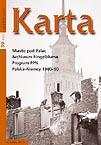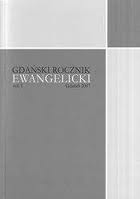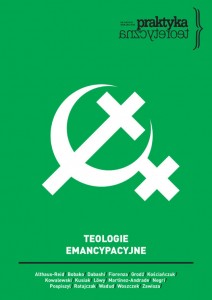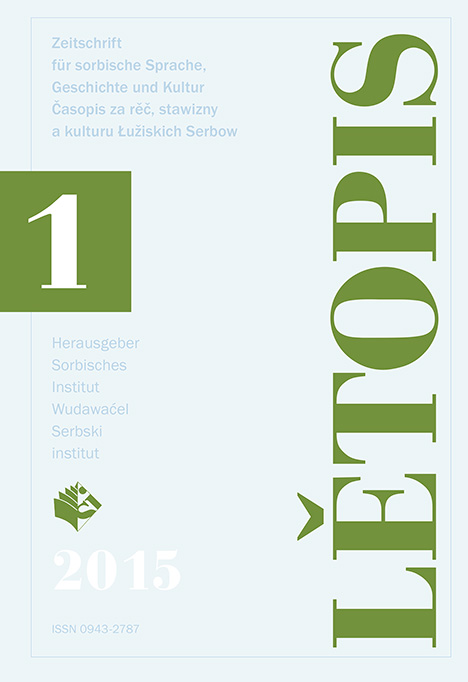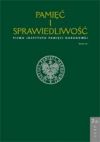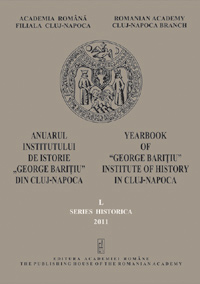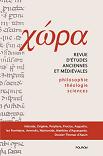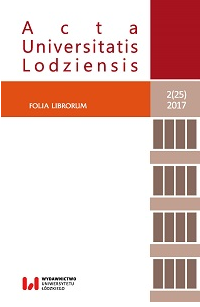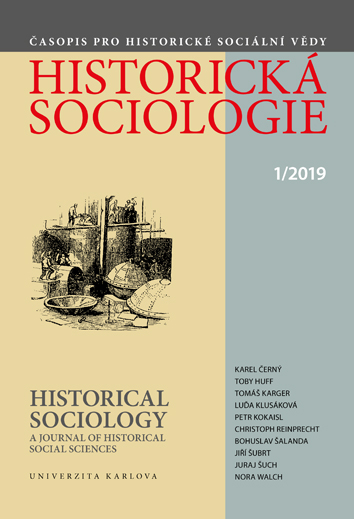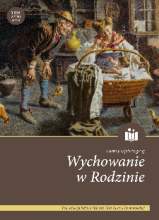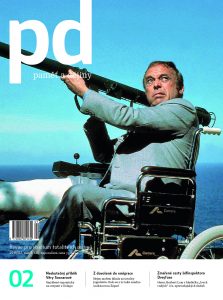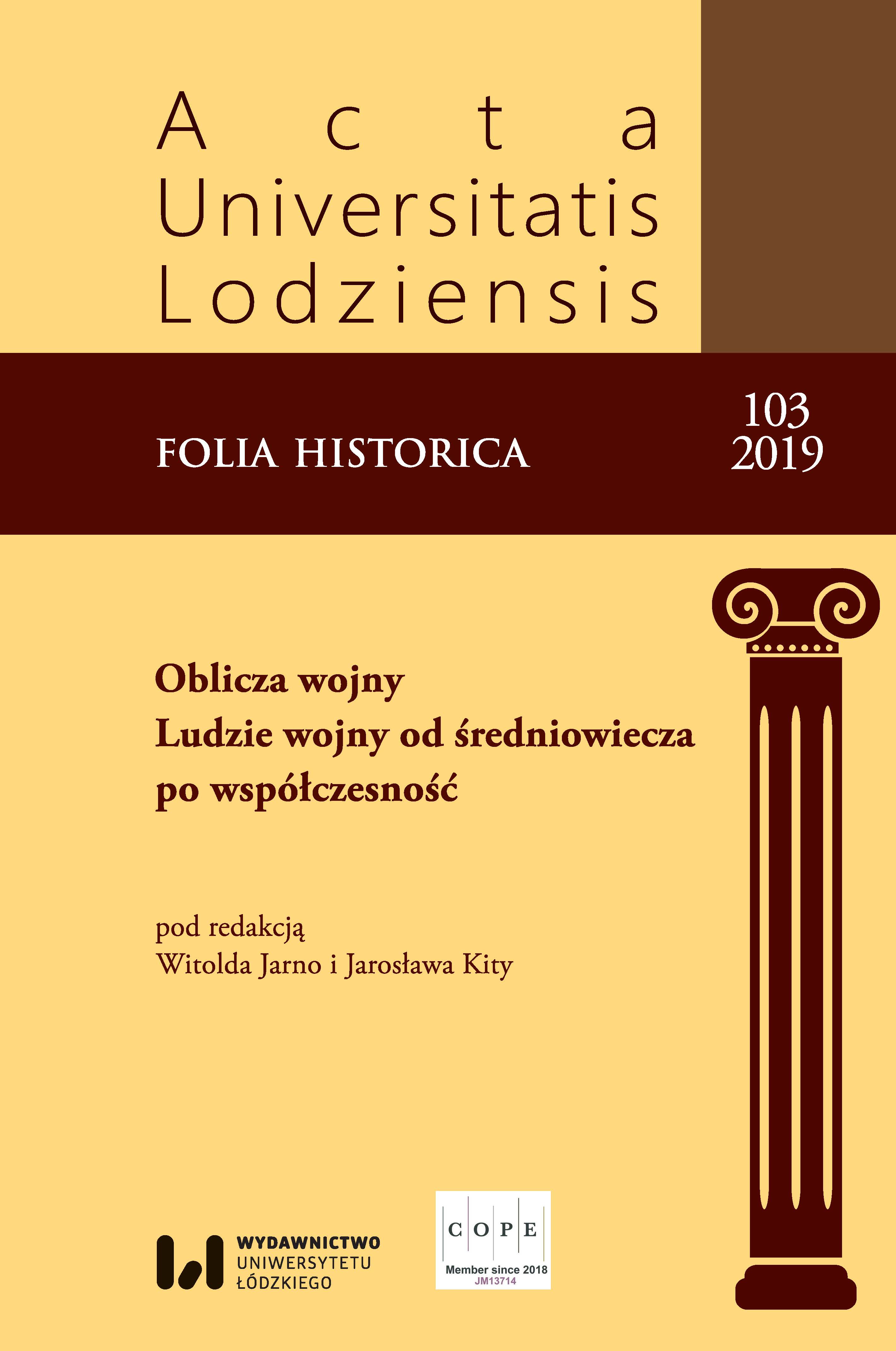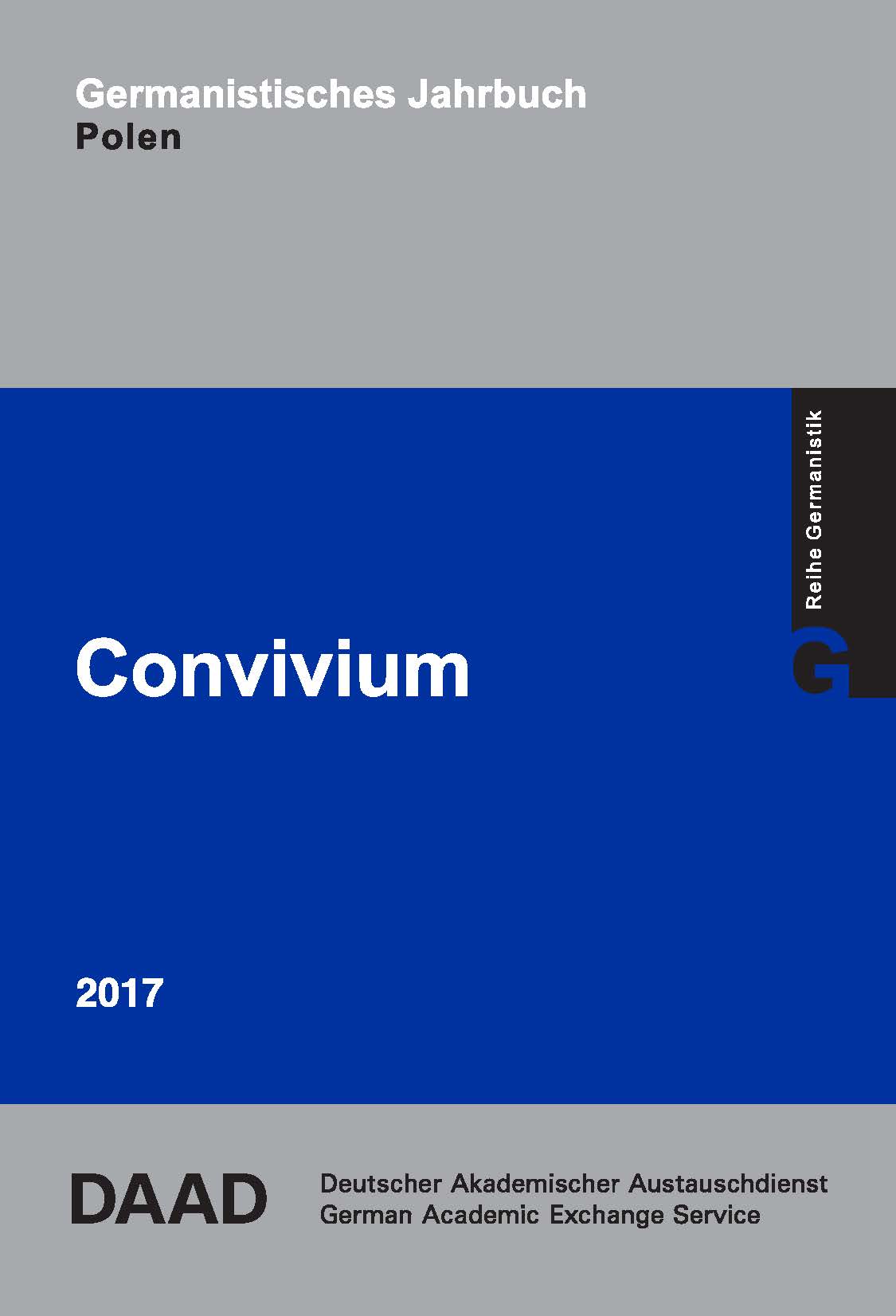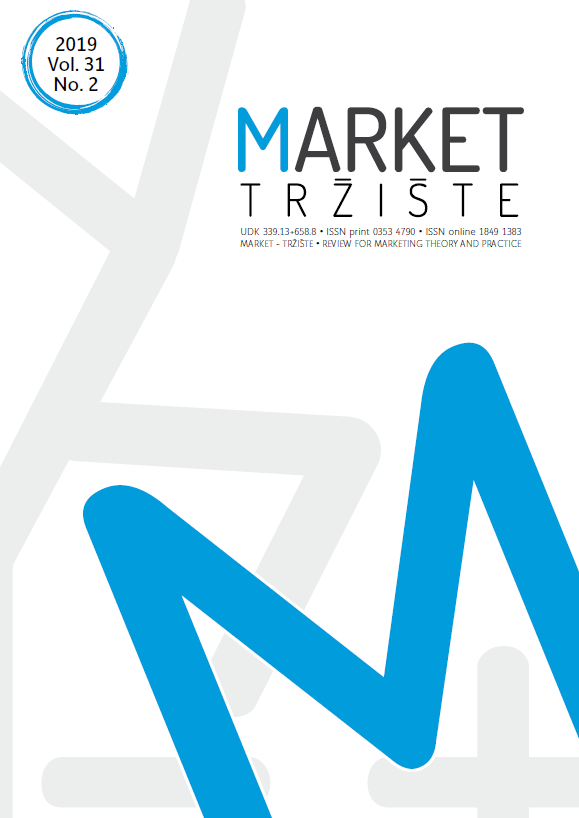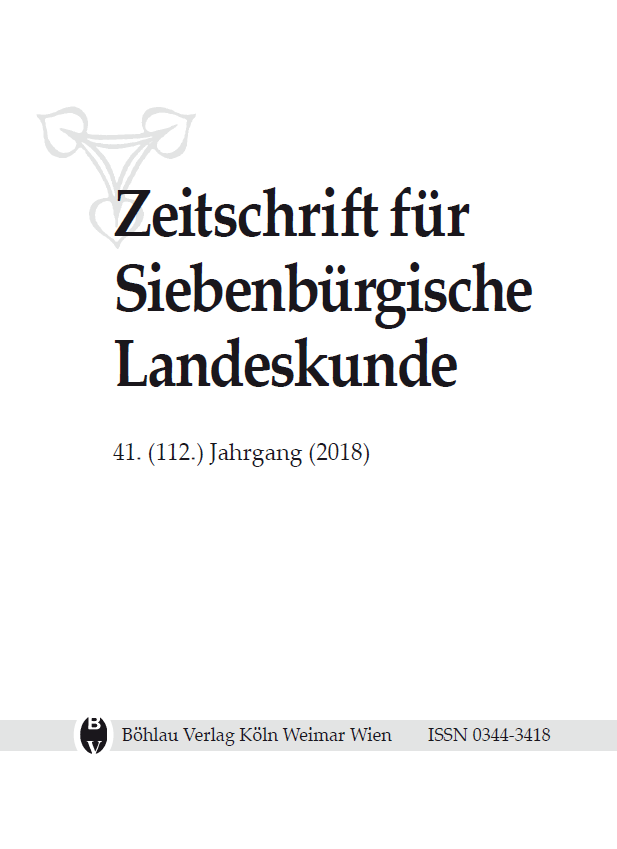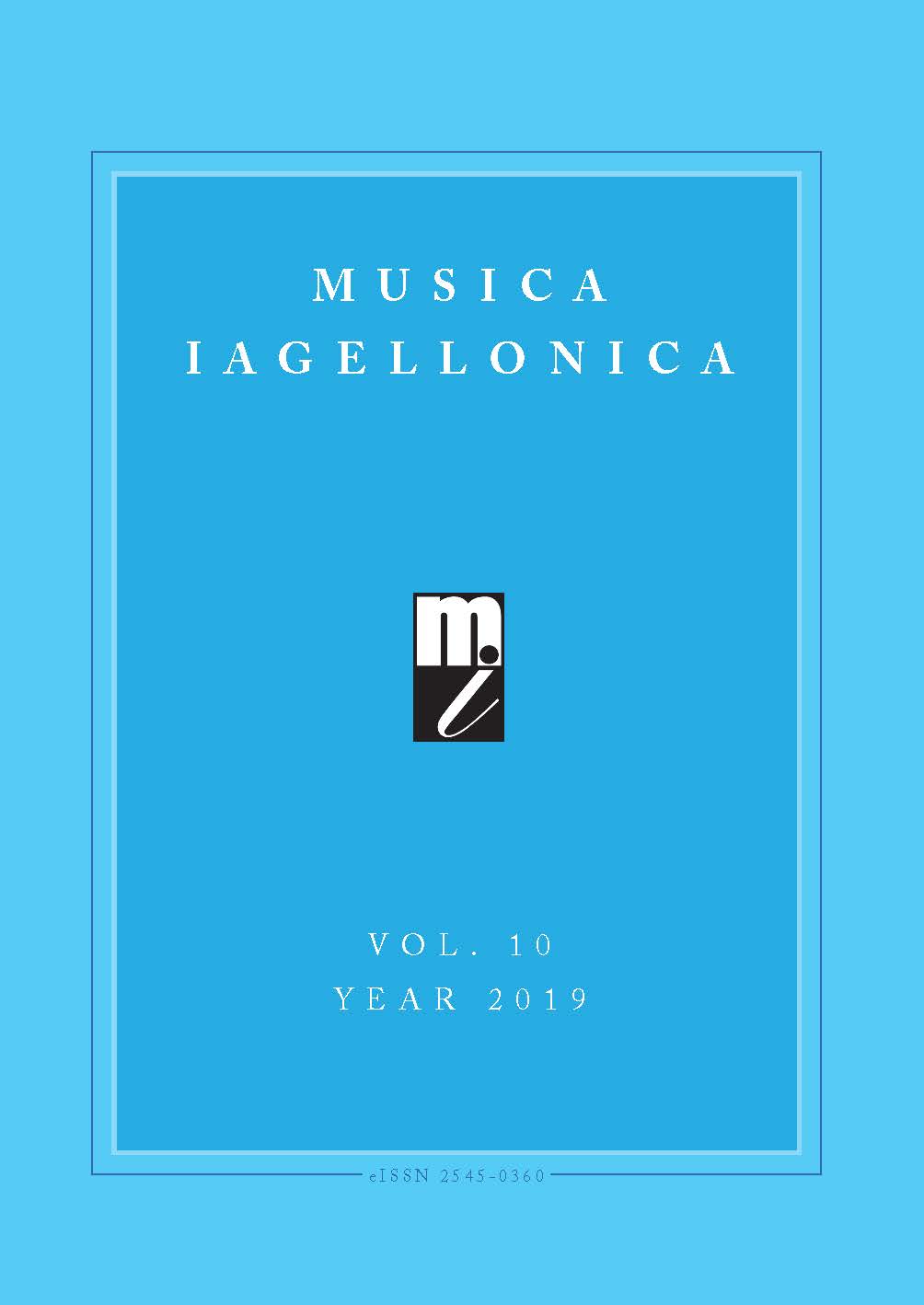Wystrój Dworu Artusa w Gdańsku z drugiej ćwierci XVI wieku. Przyczynek do stosunku protestantów do astrologii
Author(s): Andrzej Woziński / Language(s): Polish
/ Issue: 5/2011
Keywords: Artus Court; Renaissance; astrology; Lutherans
The décor of the Artus Court was the major artistic project prior to the legalizing of Protestantism in Gdansk. The rich programme combined the traditional Catholic topics, Antique motifs, and images testifying to the reception of Lutheranism. They were composed of the motifs related to the state, province, and the city, religion, civic responsibilities, as well as astrological subjects. Images containing astrological meanings constitute quite a substantial component of the décor. Their even arrangement in the interior turned them into an element integrating all the programme; additionally, astrological motifs appear in several separate enclaves in the décor (personifications of the seven planets of the cornice; the motifs on the capitals which refer to the relation between the universe and man as well as his environment; personifications of Moon and Venus located in the highest section of the stove; Sun and Moon in the late Gothic painting Ship of the Church; the impact of the various arrangements of the celestial bodies on the earth can be found in the late-Gothic painting Siege of Malbork as well as in Holofernes’ Camp and the Siege of Malbork painted by Martin Schoninck). The presence of astrological images deeply rooted in the mediaeval tradition in the interior whose décor conveyed basically Lutheran thought, gives rise to the question to what extent Lutherans were ready to accept topics whose connotations referred to a suspicious, frequently condemned, but generally cultivated knowledge, to numerous abuses, and to what degree they filled them with new meanings. The reformers’ attitude to astrology was not unanimous. Martin Luther did not favour it, meanwhile Philipp Melanchthon, friends with Luther, was of a different opinion with regard to astrology. He was not only a leading figure among the reformers, but also an outstanding personality at Wittenberg University. His assumption was that man being a creation of nature must be subject to the impact of stars which in their turn are subdued to God. As a reformer of the Church he followed the Holy Scriptures, as a reformer of astrology, in turn, he based himself on Ptolemy, while also drawing from Aristotle. At Wittenberg University he attracted quite a number of humanists, doctors, mathematicians, and astronomers who dealt with astrology. He himself and his followers agreed that only a pious scholar was able to read the heavenly signs and comprehend divine providence by means of astrology. The Wittenberg climate favourable to astrology may have affected Gdansk. The bonds between the two cities were quite close and many Gdansk residents, as well as individuals who were to settle later in Gdańsk, such as the Protestant preachers.
More...
